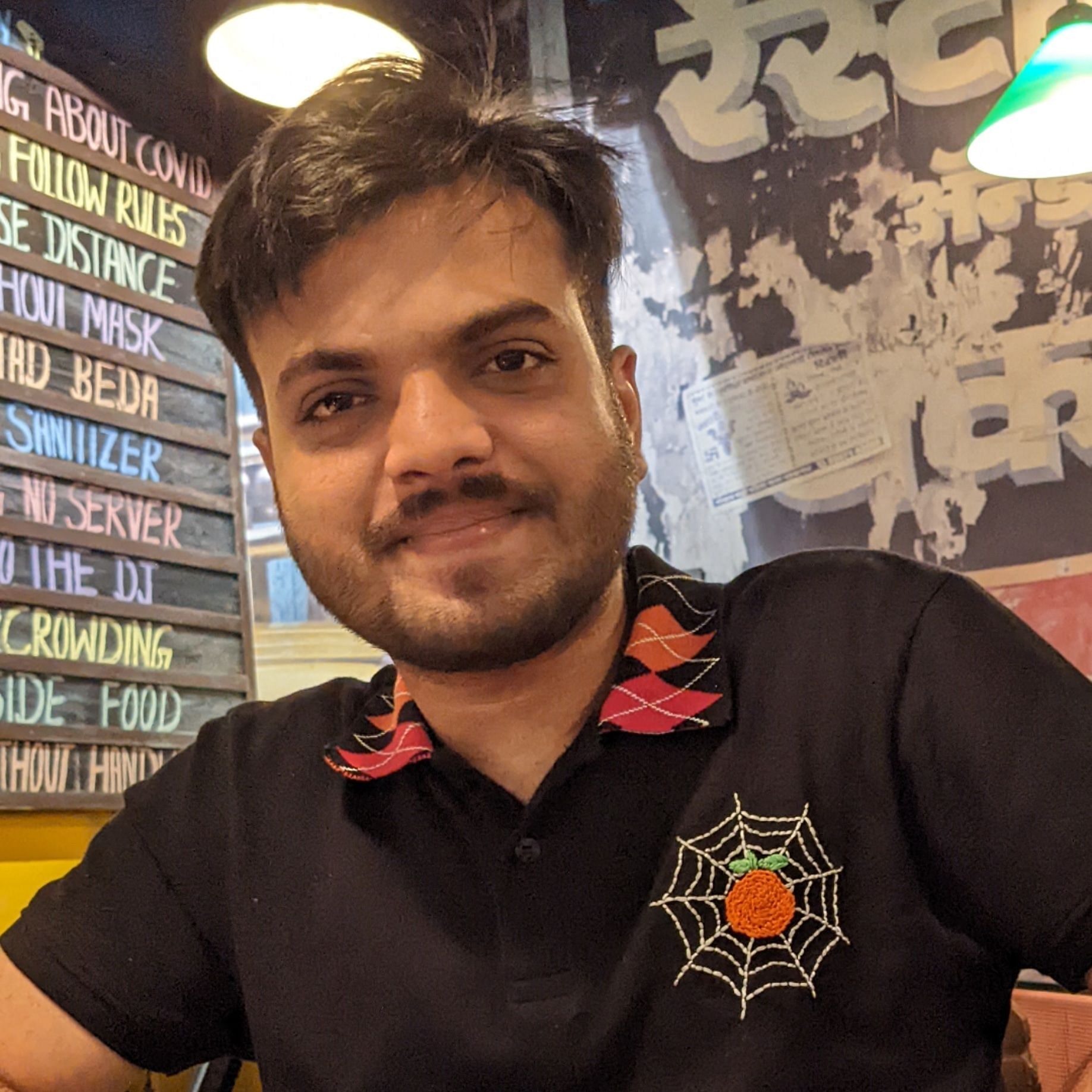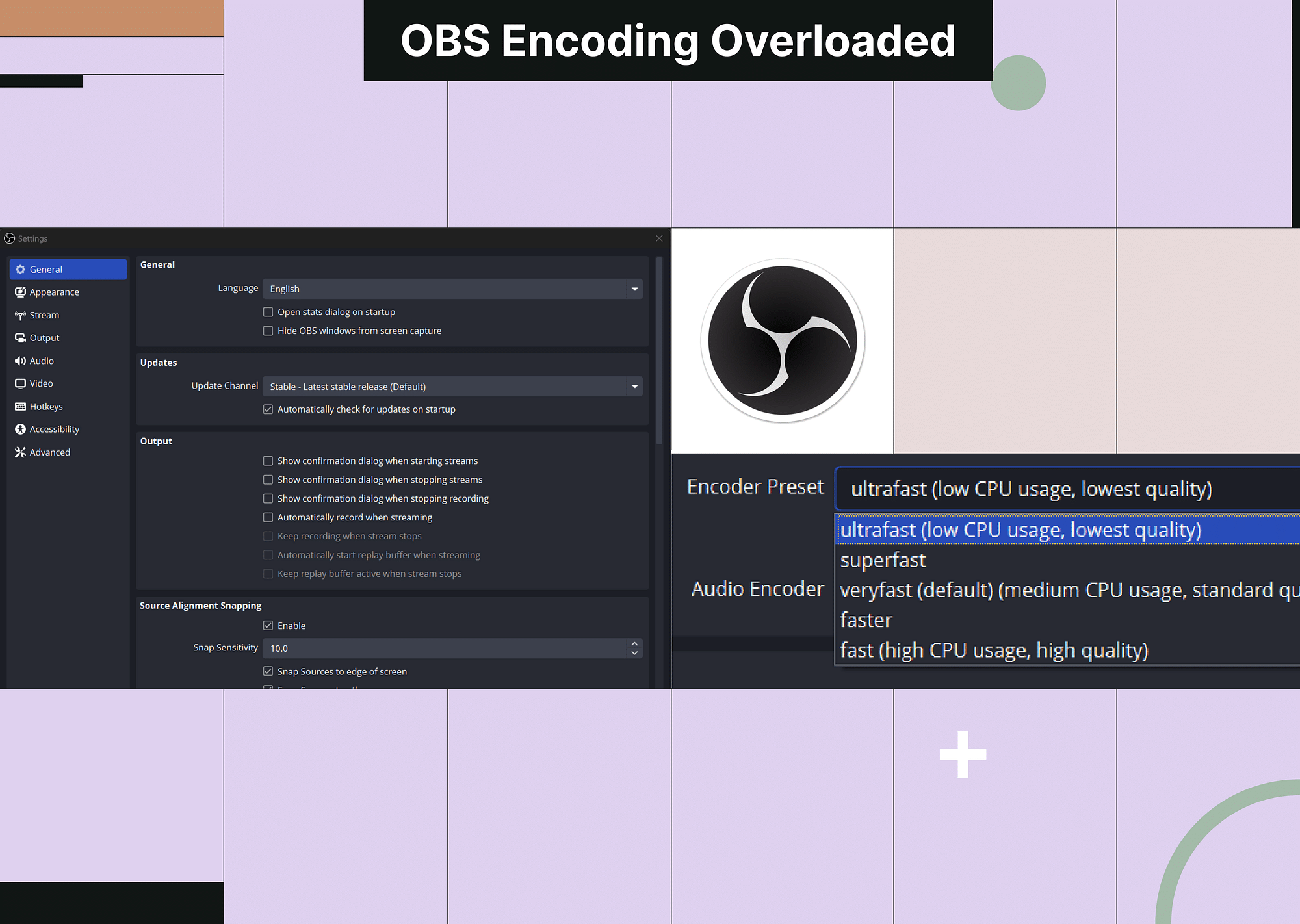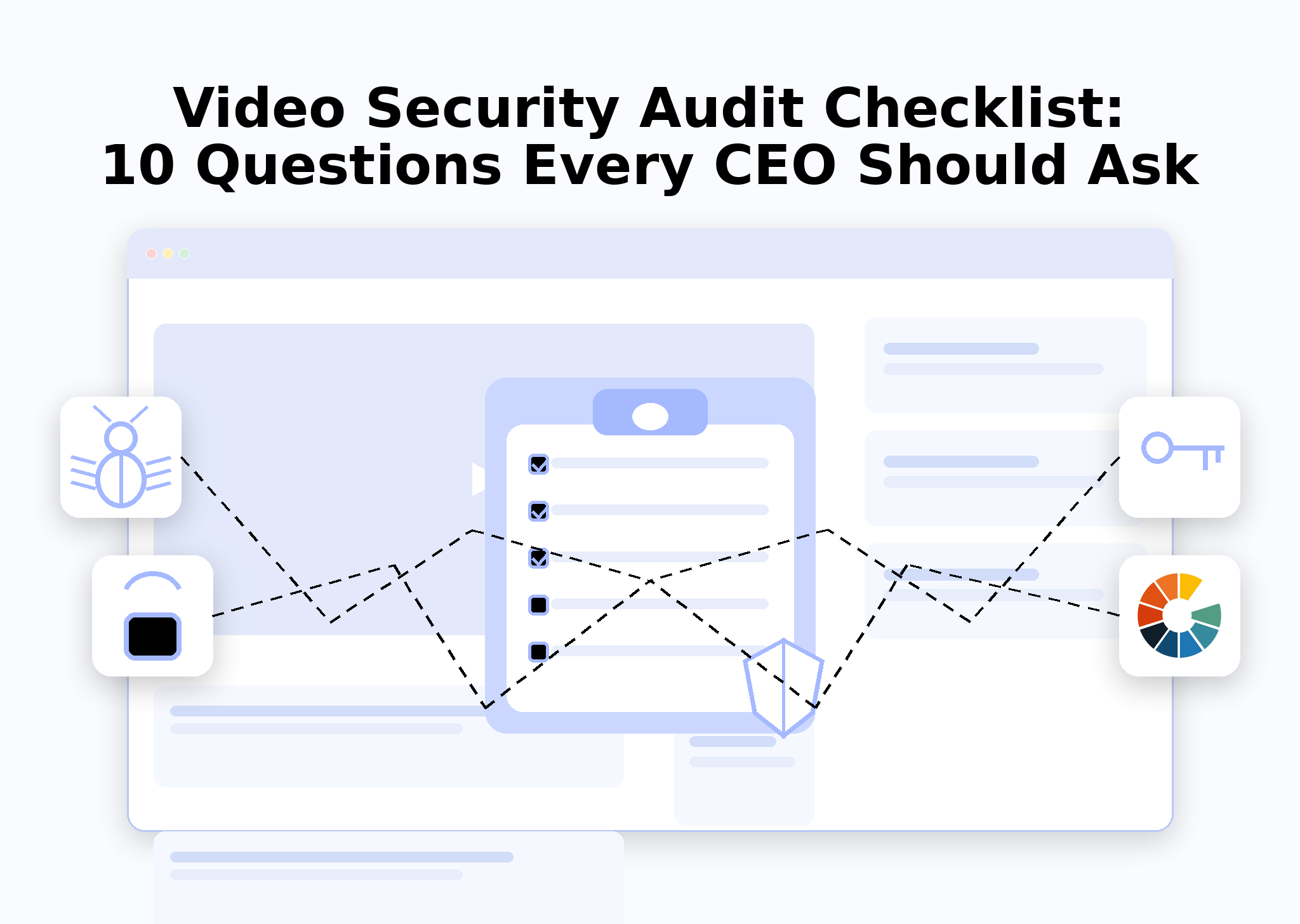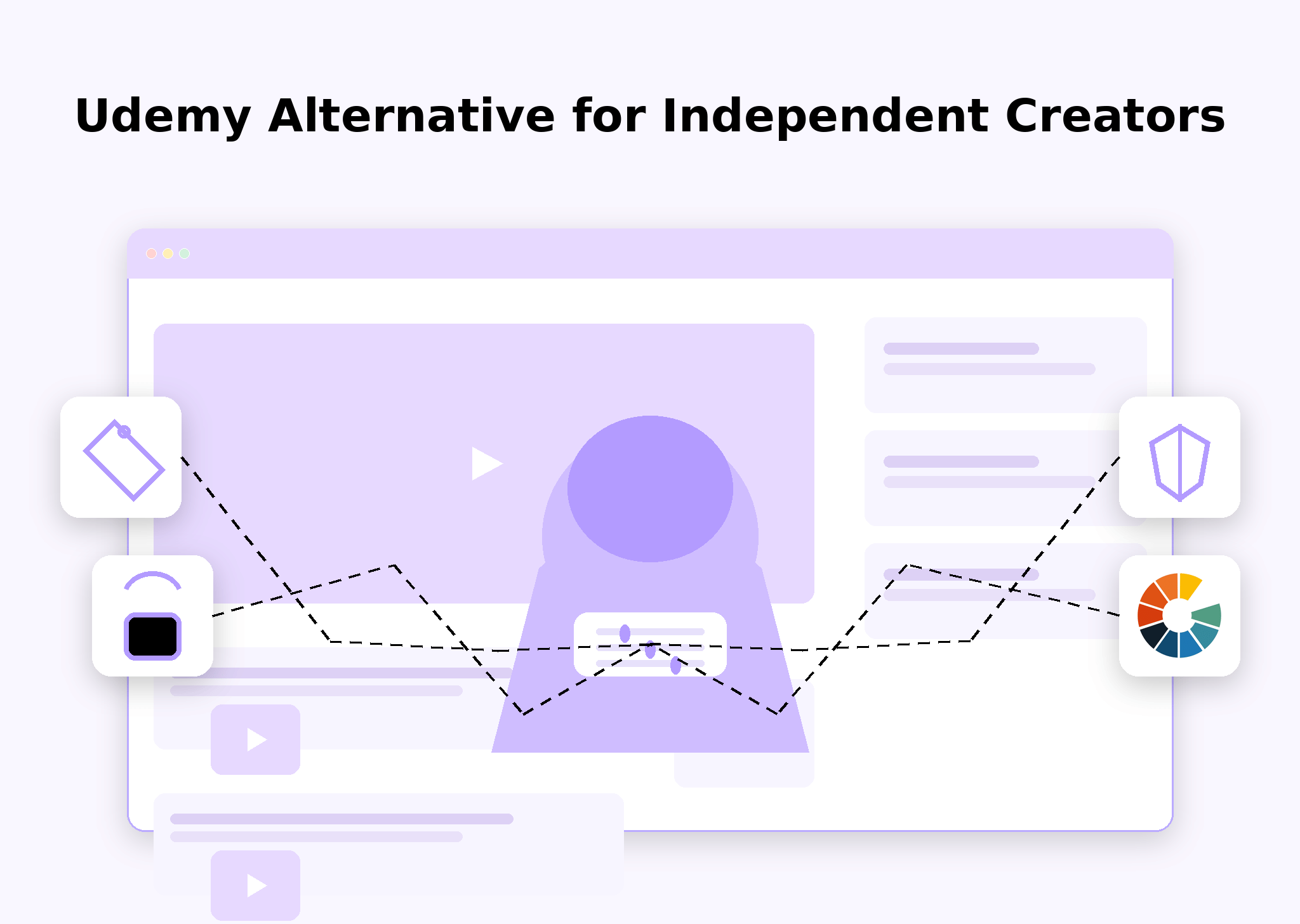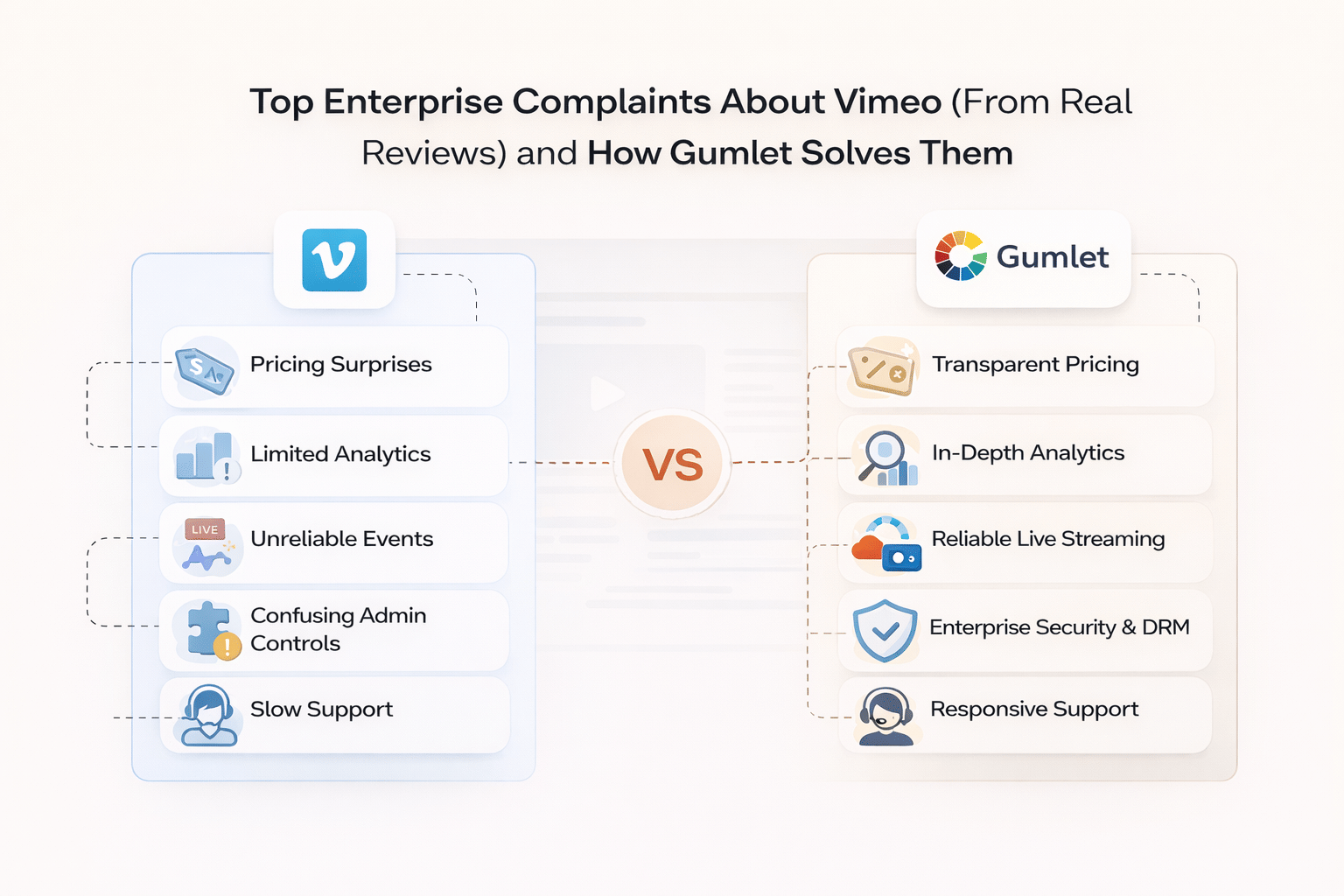When using OBS to record or stream video content, you might encounter the "OBS encoding overloaded" error. This error typically indicates that your computer is struggling to encode the video stream due to high CPU usage. Fortunately, there are several effective ways to resolve this issue and ensure smooth performance. In this article, we will explore 9 ways to fix the OBS encoding overloaded error and answer some frequently asked questions related to OBS and encoding issues.
9 Ways to Fix OBS Encoding Overloaded Error
Encountering the "OBS encoding overloaded" error can be a significant setback for streamers and content creators. Here are nine proven methods to fix the OBS encoding overloaded error, allowing you to optimize your system for better streaming and recording.
Adjusting Video Settings
Lower Frame Rate
One of the most straightforward ways to reduce CPU usage and fix the OBS encoding overloaded error is by lowering the frame rate of your video. A high frame rate demands more processing power, which can overwhelm your CPU. To lower the frame rate:
- Open OBS and go to Settings.
- Click on the Video tab.
- Reduce the FPS (frames per second) to 30 or even lower if necessary.
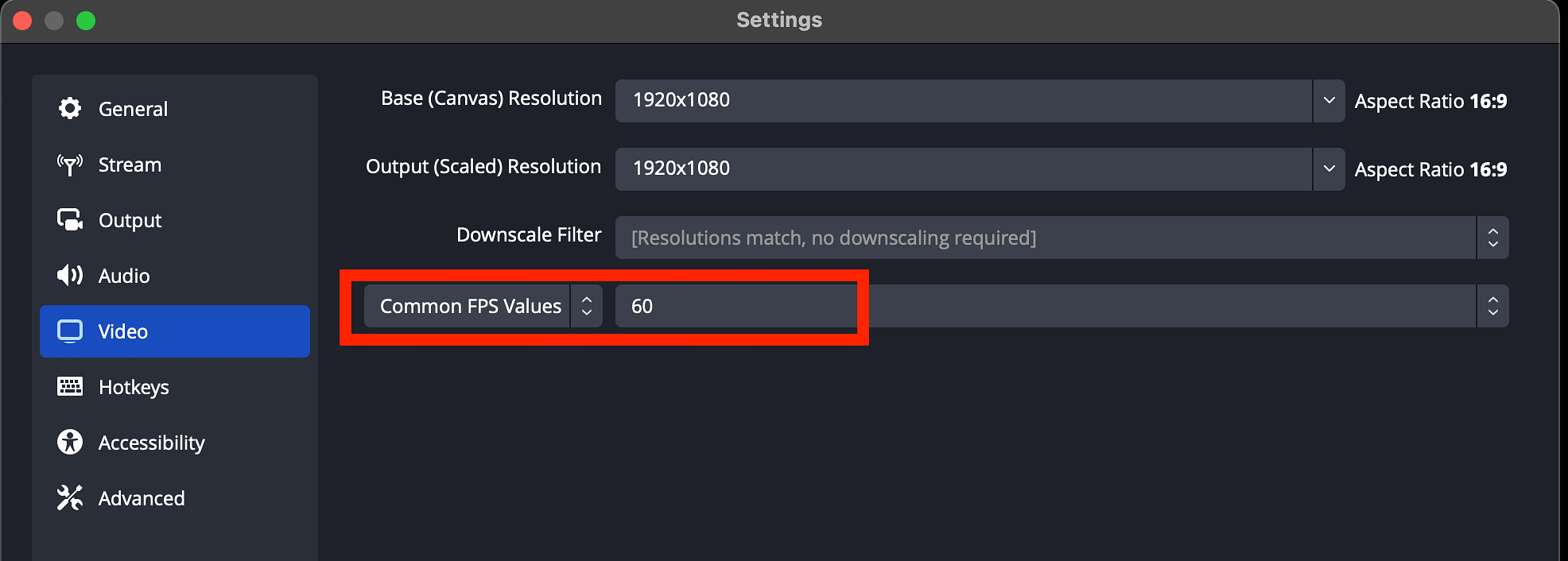
Reduce Your Output Resolution
Another effective method is to reduce the output resolution of your video. Streaming or recording at a high resolution, such as 1080p or higher, can put a significant strain on your CPU. To adjust the output resolution:
- Open OBS and go to Settings.
- Click on the Video tab.
- Lower the Output (Scaled) Resolution to 720p or a lower resolution.
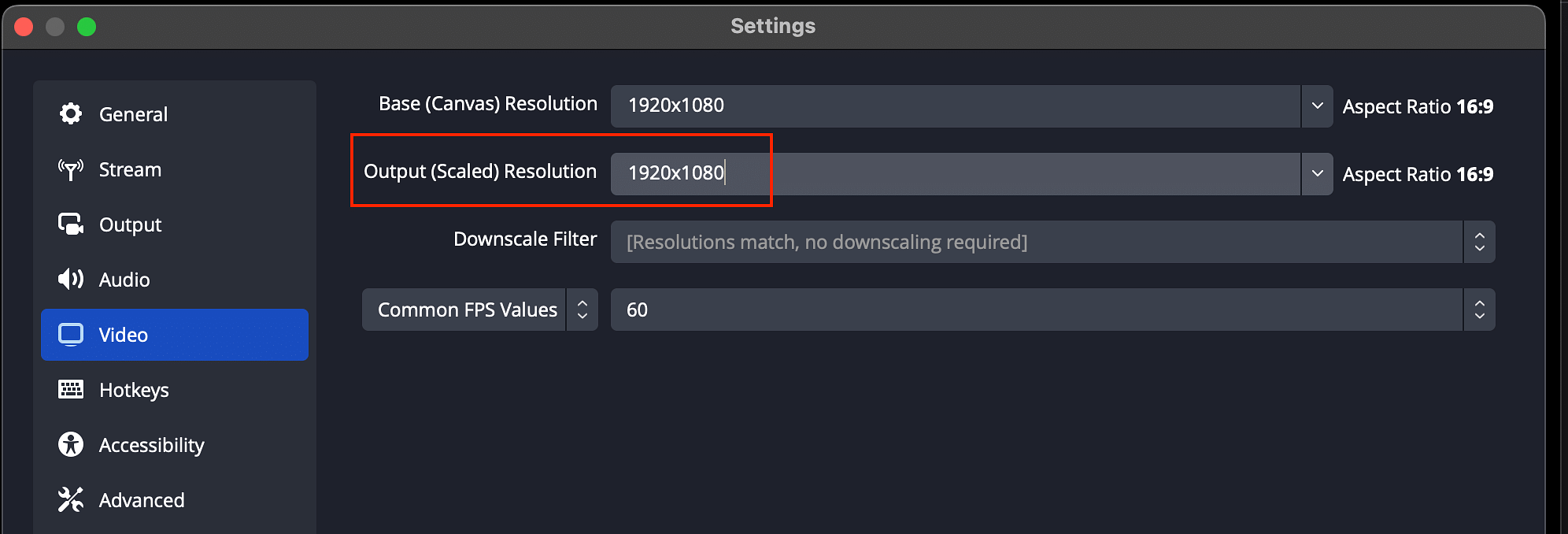
Change Encoder Preset
OBS offers various encoder presets that can balance quality and performance. Changing the encoder preset to a faster setting can help reduce CPU usage. To change the encoder preset:
- Open OBS and go to Settings.
- Click on the Output tab.
- Under the Streaming section, find the Encoder Preset option.
- Select a faster preset, such as "superfast" or "ultrafast."
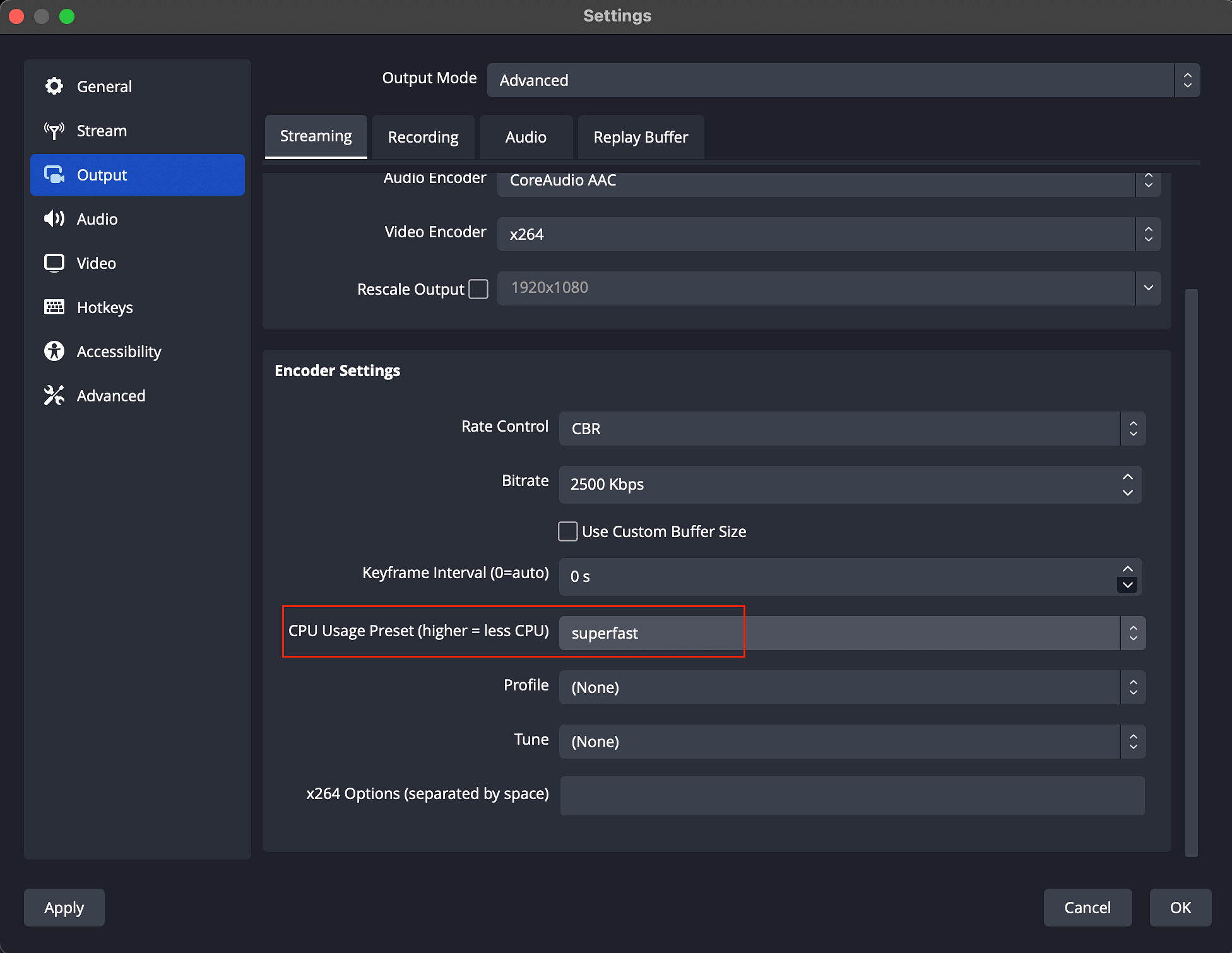
Enable Hardware Encoding
If your computer has a dedicated GPU, enabling hardware encoding can offload the encoding process from the CPU to the GPU, significantly reducing CPU usage. To enable hardware encoding:
- Open OBS and go to Settings.
- Click on the Output tab. Select “Advanced” for “Output Mode”.
- Under the “Encoder” menu, choose a hardware encoder, such as "NVENC" for NVIDIA GPUs, "AMD VCE" for AMD GPUs, or “QuickSync H.264,”.
Keep in mind that if you don’t see a hardware encoder displayed, your integrated graphics have likely not been activated in your BIOS. To turn them on, you’ll need to visit your BIOS settings and ensure that the GPU is enabled.
Close Background Applications
Running multiple applications simultaneously can consume CPU resources, leading to the OBS encoding overloaded error. Close any unnecessary background applications to free up CPU resources:
- Press Ctrl+Shift+Esc to open the Task Manager.
- End tasks for any applications that are not essential for your streaming or recording.
Change Process Priority
Changing the process priority of OBS can ensure it gets more CPU resources compared to other applications. To change the process priority:
- Open OBS and start streaming or recording.
- Open the Task Manager by pressing Ctrl+Shift+Esc.
- Find OBS in the list of processes, right-click on it, and select Go to details.
- Right-click on obs64.exe and set the priority to High or Above normal.
Update OBS Software
Keeping OBS up to date ensures you have the latest performance improvements and bug fixes. To update OBS:
- Open OBS.
- Go to Help in the top menu and select Check for Updates.
- Follow the prompts to update to the latest version.
Clean Disk Space
Insufficient disk space can also contribute to encoding issues. Ensure you have enough free space on the drive where OBS is installed and where you are saving your recordings:
- Open File Explorer and check the available space on your drives.
- Delete unnecessary files or use a disk cleanup tool to free up space.
Turn the Game Mode Off
If you are using Windows 10 or later, turning off Game Mode can help improve OBS performance. Game Mode prioritizes gaming performance, which can sometimes interfere with OBS. To turn off Game Mode:
- Open Settings by pressing Win+I.
- Go to Gaming and select Game Mode.
- Toggle Game Mode off.
Hardware Upgrade
If you have tried all the above methods and still experience the encoding overloaded error, it might be time to consider a hardware upgrade. Upgrading your CPU or adding a dedicated GPU can significantly enhance your system's performance and resolve encoding issues.
Conclusion
The OBS encoding overloaded error can be frustrating, but with the right adjustments, you can optimize your system to handle video encoding more efficiently. By lowering your frame rate, reducing the output resolution, changing the encoder preset, enabling hardware encoding, closing background applications, changing process priority, updating OBS software, cleaning disk space, and turning off Game Mode, you can alleviate the strain on your CPU and enjoy smooth streaming and recording.
FAQs
How to reduce OBS CPU usage?
To reduce OBS CPU usage, lower your frame rate and output resolution, enable hardware encoding if available, close unnecessary background applications, and change the process priority of OBS to High.
How to make OBS run smoothly?
To make OBS run smoothly, ensure your system meets the minimum requirements, keep OBS updated, optimize video settings, enable hardware encoding, and close any non-essential applications running in the background.
What is the minimum CPU requirement for OBS?
The minimum CPU requirement for OBS is an Intel Core i5-2000 series processor or an AMD FX series processor, but a newer and more powerful CPU is recommended for better performance.
Why is my OBS encoding overloaded while CPU usage is low?
OBS encoding may be overloaded while CPU usage is low due to other factors such as insufficient disk space, high output resolution, or demanding encoder settings. Check and adjust these settings accordingly.
Can I run OBS without a graphics card?
Yes, you can run OBS without a graphics card, but performance may be limited. For optimal performance, especially for high-quality streaming and recording, a dedicated GPU is recommended.
